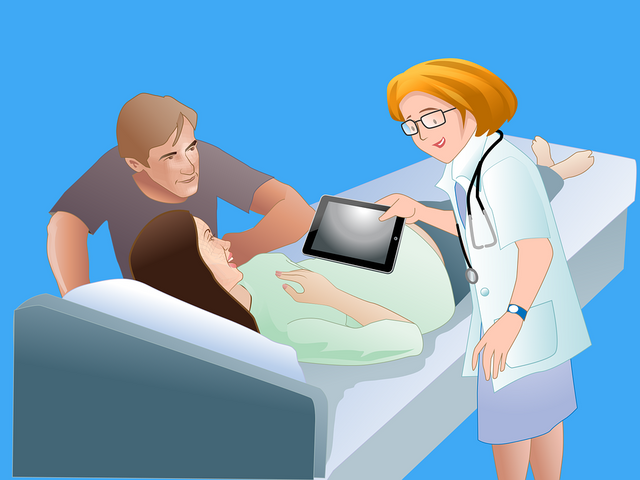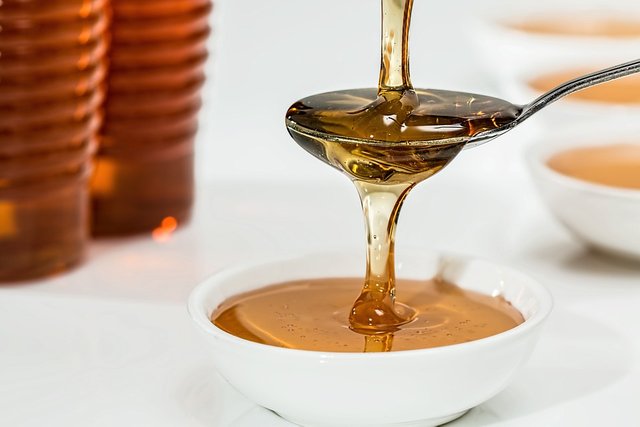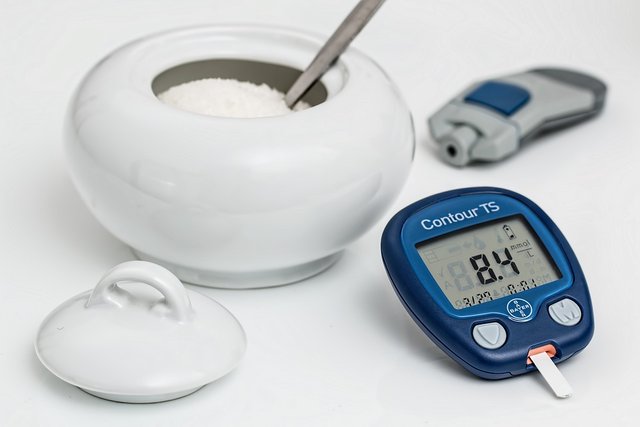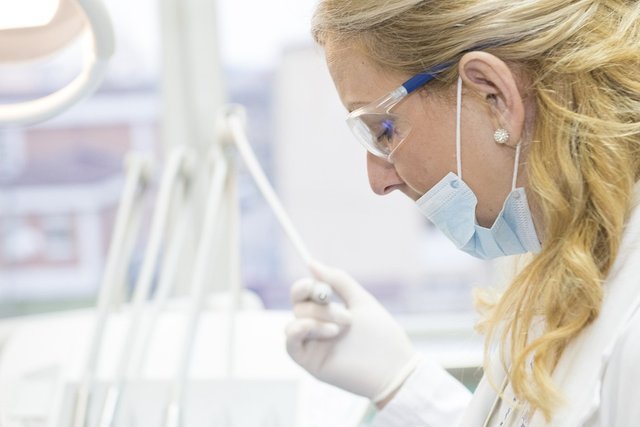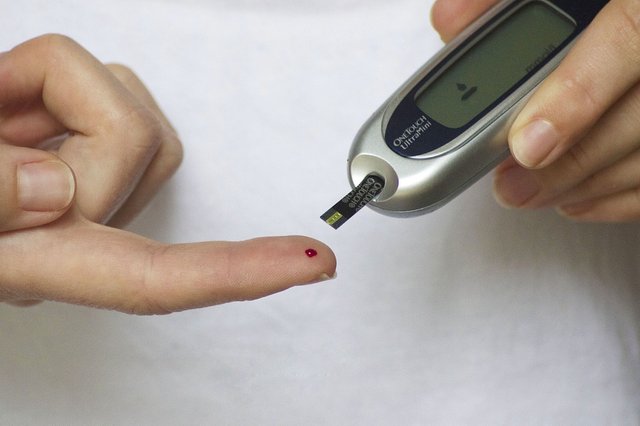The increase in the consumption of refined carbohydrates by a large part of the population has also increased the overweight and obesity indices and is a critical factor for the growth of the indexes of health problems, including diabetes.
Proper and nutritious nutrition can be one of the most important steps for a healthy and complete life. Among the many problems that can be caused by the high consumption of refined carbohydrates and also by the intake of sugar is reactive hypoglycemia. To know under what reactive hypoglycemia is, to know what the main symptoms are and how to perform the diagnosis and treatment for this problem.
What are carbohydrates and what is blood sugar?
Carbohydrates have the primary function of supplying energy to the cells of our body. During the digestive process, carbohydrates are converted into glucose from the liver and the pancreas produces a hormone called insulin to transport glucose that enters the bloodstream into the cells and can, therefore, be properly used as an energy source.
When this carbohydrate is converted to glucose and is not used immediately, it can be stored as glycogen in the liver and muscles. However, excess glucose will be converted into fat so that it can be stored in fatty tissue and used as an energy source if needed.
Women are uncomfortable- 11 tips to fight the flab in the belly
Blood sugar is the name given to the concentration of glucose in the blood, fundamentally altered by the ingestion of carbohydrates. When we increase the intake of foods containing carbohydrates, the blood sugar level increases rapidly. In the absence of this nutrient, the blood sugar decreases, which can generate hypoglycemia? The carbohydrates considered healthy for consumption are those that have a low glycemic index, in the sense that they are carbohydrates that slowly enter the bloodstream and, therefore, help in the control of blood glucose, avoiding the peak of entry and exit of the blood.
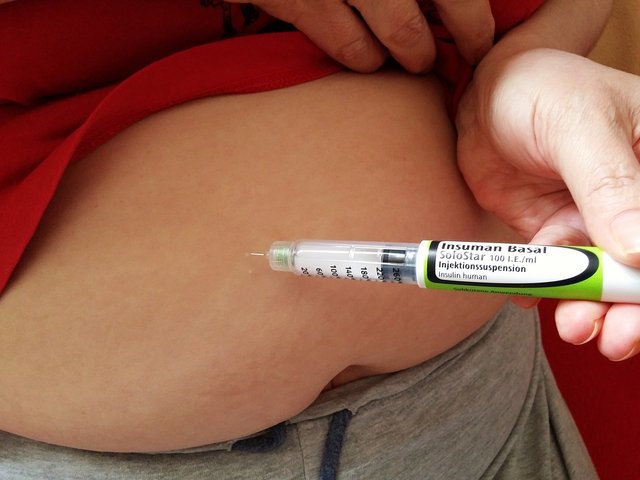
Source
When there is a large intake of foods containing carbohydrates with a high glycemic index, glucose quickly enters the blood and the pancreas must release larger amounts of insulin. When glucose is taken from the bloodstream, the blood glucose level is significantly reduced.
Further information: glycemic index and glycemic load - Differences and suggestions.
What is reactive hypoglycemia?
Foods rich in refined carbohydrates have a high glycemic index and stimulate the rapid release of insulin into the blood. Studies show that excessive consumption of foods rich in carbohydrates and refined sugars can cause diseases such as diabetes, cardiovascular problems and can trigger obesity. Hypoglycemia occurs when blood sugar levels are very low and may be a condition related to diabetes. In cases of non-diabetic hypoglycemia, low sugar levels may occur due to the rapid fall of glucose after a few hours after a meal, which is the case of reactive hypoglycemia, or it may occur due to some diseases.
Reactive hypoglycemia, also called functional hypoglycemia, has increased considerably in the world. In Brazil, it is possible to see a significant increase in functional hypoglycemia in the upper middle classes. Some patients say they cannot live without the ingestion of sugar and assume the compulsion for sweets and sugary foods. In recent research, it has been identified that about 50% of the US population has already had a hypoglycemic manifestation.
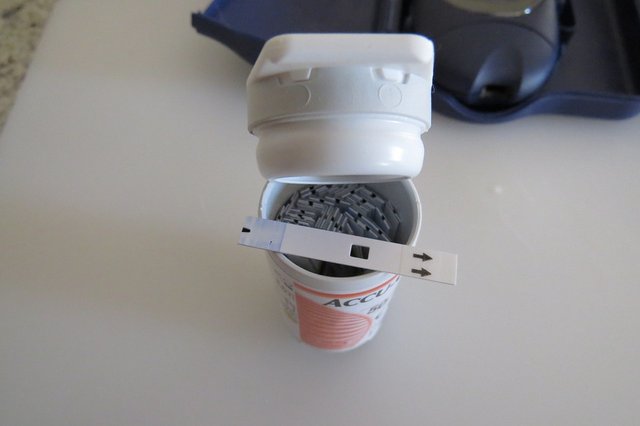
Source
Reactive hypoglycemia is a term that identifies recurrent episodes of hypoglycemia, which occur after consuming a meal rich in refined carbohydrates or glucose. Typically, this type of hypoglycemia manifests itself in times of crisis for the body, as during periods of prolonged fasting, and can also be triggered by an inadequate intake of refined carbohydrates.
The main symptoms of this type of hypoglycemia are excessive desire to eat sweets, weakness, dizziness, dizziness, lack of energy, palpitations, anxiety, apathy, nervousness, tremors, headaches during sleep, irritability, restlessness, impatience, confusion mental, sweating, emotional instability for no apparent reason, drowsiness, memory reduction and ability to concentrate, muscle pain, depression, fear, hypersensitivity, among many others.
How is the diagnosis of reactive hypoglycemia diagnosed?
The diagnosis of the problem can be delayed because the symptoms can also be related to other diseases. Often the diagnosis can also be wrong, considering that it is a disease such as depression or panic syndrome, due to the great similarity of symptoms with functional hypoglycemia. In this case, therefore, it is very important to perform a thorough evaluation so as not to perform the wrong treatment for the problem.
In order for the diagnosis to be made correctly, you should look for a doctor who, through a prolonged examination of the glycemic curve, can evaluate the glycemic fall into the bloodstream. The image of reactive hypoglycemia is identified when there is a decrease of 20% or more in relation to the initial value.
When we ingest refined carbohydrates, they quickly pass through the duodenum, stimulating the pancreas production of insulin. In patients with functional hypoglycemia, insulin production is exaggerated and hypoglycemia occurs after 2-5 hours. With some simple changes in the diet, it is possible to control the problem.
Others may be the causes of reactive hypoglycemia, such as pre-diabetes (where the production of insulin is already compromised), problems with a poor diet, many hours of fasting, hormonal diseases such as dumping syndrome, intolerance to fructose, sensitivity to leonine, cases of galactosemia and the use of some drugs to control diabetes, which can generate hypoglycemia if used incorrectly. Hypoglycemia is also very common among professionals of physical activity, especially after hours of exercise which can lead to accelerated blood glucose consumption, rapidly reducing blood sugar. In these cases, checking the diet and having a complete and adequate pre-workout meal is the key to avoiding the problem.
How to perform the treatment for reactive hypoglycemia?
To help with the treatment and management of this type of hypoglycemia, some suggestions are important. The first question is that the patient with functional hypoglycemia should have a controlled diet. A healthy diet includes reducing the intake of refined carbohydrates and foods with a high glycemic index. You should avoid consuming jams, jellies, white sugar, chocolates, white rice, sugary cereals, French bread, white bread, pastries and pasta made with white flour, salty foods, biscuits, concentrated juices, soft drinks, alcoholic beverages, chocolate, between many other foods.
It is also recommended a higher consumption of carbohydrates and healthy foods with a low glycemic index. You can include foods rich in fiber that help to control the release of insulin through the pancreas, including vegetables (broccoli, cauliflower, sweet potatoes, tomatoes, peas, cabbage, cabbage, spinach), strawberry fruit, orange, apple, pear, plum, blackberry, kiwi), beans, peas, lentils, sugar-free yogurt, white cheese, black bread, brown rice, among many others.

Source
By reducing the number of refined carbohydrates ingested, there is less incentive to produce insulin, helping to keep blood glucose levels. Increased intake of foods such as fruits, vegetables and grains, cereals and whole grains is recommended, as well as increased intake of healthy protein sources such as meat, fish, poultry, and others. Another important suggestion is to consume a meal every 3 or 4 hours, avoiding a considerable drop in blood sugar and helping to control sugar rates. It is also important that the patient reduces the intake of beverages containing alcohol or caffeine. The use of fiber-based supplements is also a great help in controlling blood glucose levels.
Conclusion
Reactive hypoglycemia can be caused by a high consumption of sugar and refined carbohydrates and can be easily treated with small changes in the diet. It is important to look for a quick diagnosis of the problem, both for the verification of the possible causes and for the appropriate treatment, avoiding the aggravation of the problem.
Follow me and get more knowledge- Best health
